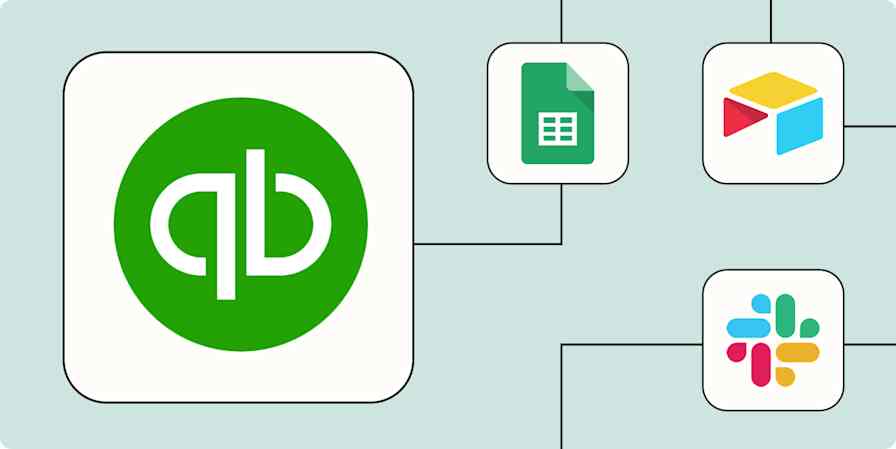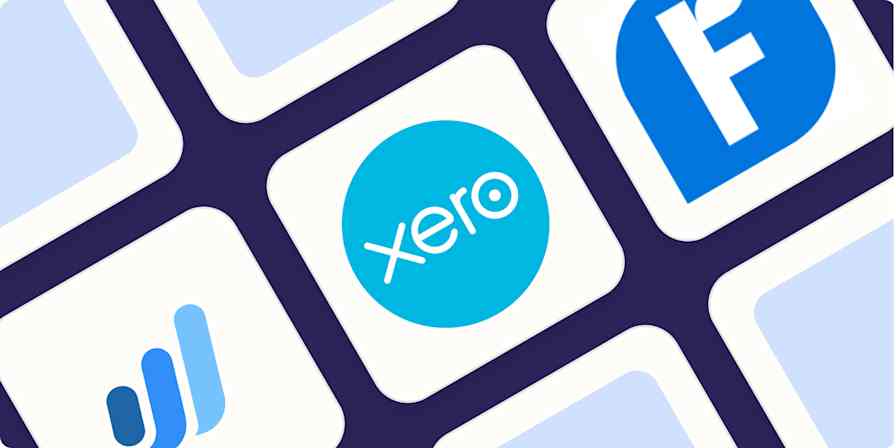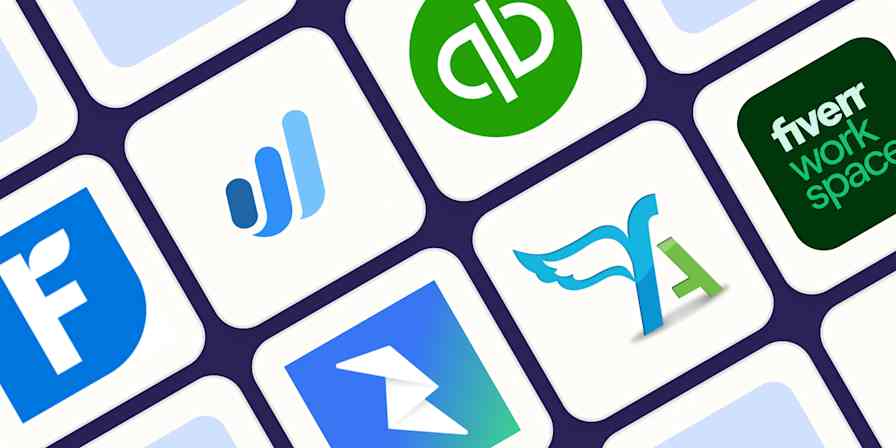App tips
9 min readFreshBooks vs. QuickBooks: Which is best? [2025]
By Luke Strauss · January 3, 2025

Get productivity tips delivered straight to your inbox
We’ll email you 1-3 times per week—and never share your information.
Related articles
Improve your productivity automatically. Use Zapier to get your apps working together.









